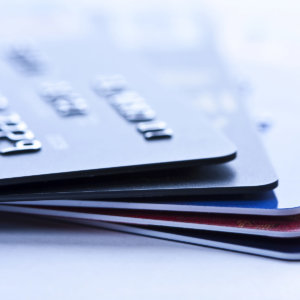MasterCard Pins Down the Cash Economy
To limit theft and corruption, MasterCard helps governments switch subsidy payments to electronic currency.
Topics
Leading Sustainable Organizations
For many at the base of the economic pyramid in the developing world, the only dependable source of support is through government food and health subsidies. In rural communities, these are usually delivered by hand in the form of vouchers, checks or cash. The problems in this set-up are fairly obvious: it opens the economy to corruption, crime and abuse in the way only bundles of cash can, and it’s not unusual to see situations in which impoverished people line up for days, only to find the cash has run out when their turn comes. In good times, this places an added burden of inconvenience and indignity on poor families; in bad times, it can spell disaster for society’s most desperate members, particularly young children and the elderly.
This issue falls under a class of development challenges termed financial inclusion, which sounds like a problem for the World Bank or the Gates Foundation, but is one that MasterCard is taking up seriously. No, not MasterCard’s philanthropic foundation, but MasterCard Corporation itself, which has declared war on cash. According to Shamina Singh, Executive Director of the MasterCard Center for Inclusive Growth, “When you realize the burdens of a cash-based economy, there’s boundless opportunity to do well and to do good.” Given that 2.5 billion people in the world lack access to secure financial transactions, the potential is enormous.
How can MasterCard help? Well,the company isn’t a bank, but a technological platform that connects customers directly to merchants. Its function is to obviate the need for cash. What’s more, MasterCard’s platform has the potential to connect governments, citizens, financial institutions and merchants to each other, allowing welfare agencies to digitize their social subsidy programs, conserving limited government resources, and dramatically reducing the distribution cost and abuse that is rife in informal cash economies.
Take MasterCard’s 2012 partnership with South Africa’s Social Security Administration and local stakeholders — Net1 and Grindrod Bank. Working together, the government digitized their social benefit programs, delivering 16 million social grants to 10 million beneficiaries.

